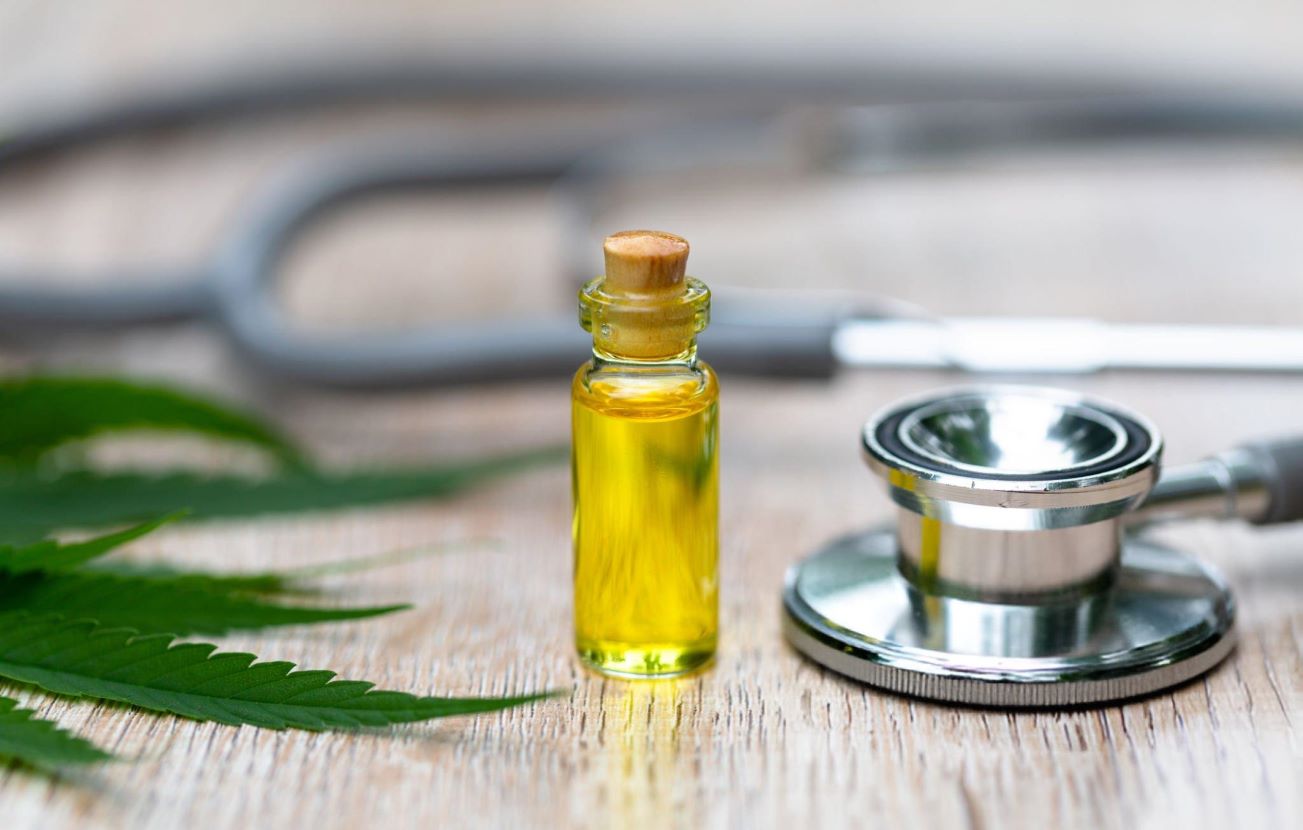Navigating the World of CBD and THC: A Guide
The cannabis plant has been a subject of fascination and controversy for centuries. In recent years, two of its primary compounds, CBD (cannabidiol) and THC (tetrahydrocannabinol), have taken center stage in the wellness and medical communities. We’ll provide a clear understanding of these cannabinoids, their potential benefits, and important considerations for those interested in exploring their use.
How CBD and THC Work
CBD and THC are both cannabinoids found in the cannabis plant, but they interact with the human body in different ways. CBD is non-psychoactive, meaning it doesn’t produce the “high” associated with marijuana use. THC, on the other hand, is psychoactive and responsible for the euphoric sensations typically linked to cannabis consumption.
Distinguishing CBD from THC
The primary distinction between CBD and THC lies in their interaction with the body’s endocannabinoid system. CBD influences the body indirectly without binding to cannabinoid receptors, while THC binds directly to these receptors, resulting in its psychoactive effects.
Another crucial difference is their legal status. CBD derived from hemp (containing less than 0.3% THC) is legal in many places, while THC remains more strictly regulated due to its psychoactive properties.
Potential Health Benefits of CBD
CBD has garnered attention for its potential therapeutic applications, including:
- Reducing anxiety and stress
- Alleviating chronic pain and inflammation
- Improving sleep quality
- Managing epilepsy and seizures
- Supporting skin health
CBD can be consumed in various forms, including oils, edibles, topicals, and inhalation products, allowing users to choose the most suitable option for their needs.
Exploring THC’s Medical Potential
Despite its controversial status, THC has shown promise in several medical applications:
- Pain management
- Nausea and vomiting relief
- Appetite stimulation
- Potential anti-inflammatory properties
- Sleep aid
It’s important to note that while THC can offer these benefits, its use comes with potential side effects and legal considerations.
Comparing CBD and THC: Which is Better for What?
When it comes to specific health concerns, CBD and THC may offer different advantages:
Pain Relief: Both compounds show potential in managing pain, with THC generally considered more potent. However, CBD’s non-psychoactive nature makes it a preferred choice for those seeking pain relief without impairment.
Anxiety Management: CBD has demonstrated significant potential in reducing anxiety symptoms. While some individuals report anxiety relief from THC, others may experience increased anxiety or paranoia, particularly with higher doses.
Sleep Aid: CBD may help improve sleep quality by addressing underlying causes of insomnia. THC can induce drowsiness but may disrupt natural sleep patterns for some users.
Appetite Stimulation: THC is well-known for increasing appetite, while CBD typically does not affect appetite significantly.
Legal and Safety Issues
The legal status of CBD and THC varies widely across different regions. It’s crucial for users to be aware of local laws and regulations before purchasing or using any cannabis-derived products.
When considering the use of CBD or THC products, it’s essential to consult with a healthcare professional, especially if you have pre-existing health conditions or are taking other medications. Start with low doses and monitor your body’s response to find the optimal balance for your needs.
Conclusion
CBD and THC each offer distinctive health benefits and have unique properties and effects. As ongoing research enhances our understanding, it paves the way for innovative applications in health and medicine. Navigating the use of these cannabinoids wisely involves staying informed about their differences, seeking advice from medical professionals, and understanding the relevant legal frameworks.

